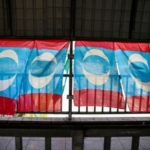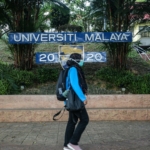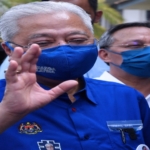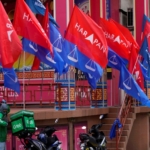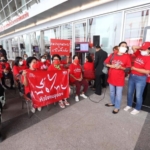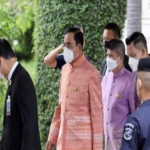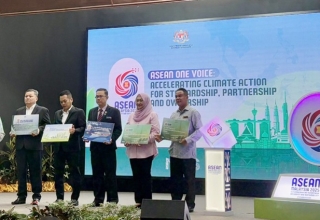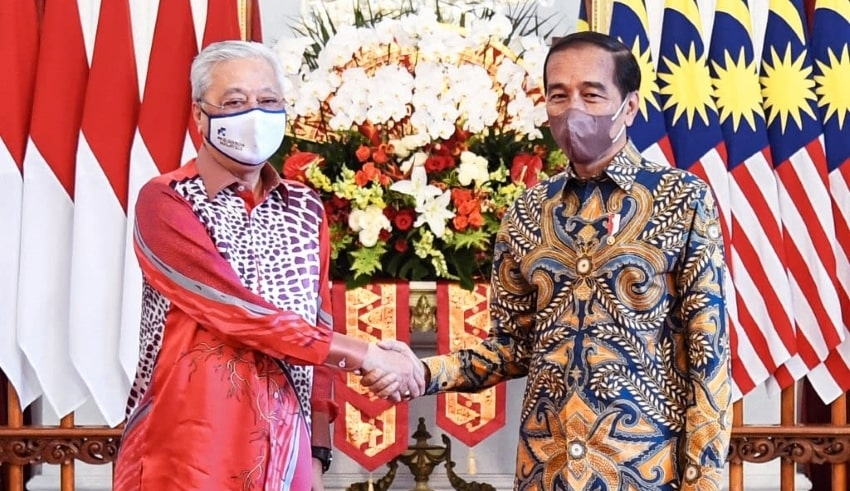
 ASEAN – Nadiem Makarim, Indonesia’s minister of education, culture, research, and technology, has rejected Prime Minister Datuk Seri Ismail Sabri Yaakob’s request that Bahasa Melayu be used as a translator between the two nations and as the official language of the Association of Southeast Asian Nations (Asean).
ASEAN – Nadiem Makarim, Indonesia’s minister of education, culture, research, and technology, has rejected Prime Minister Datuk Seri Ismail Sabri Yaakob’s request that Bahasa Melayu be used as a translator between the two nations and as the official language of the Association of Southeast Asian Nations (Asean).
During Ismail Sabri’s visit to Indonesia, Nadiem stated that he expressed his feelings.
“Of course, I opposed the idea as minister of education, culture, research, and technology.”
“However, given our friendly nations’ desire to propose Bahasa Melayu as Asean’s official language, this desire must be explored and debated further at the regional level,” Nadiem said in a statement.
He went on to say, “I encourage the entire community to work hand in hand with the government to continue to empower and safeguard the Indonesian language.”
Related Posts
Nadiem also believes that the Indonesian language, with its historical, legal, and linguistic advantages, is the better choice for Asean’s official language.
Bahasa Indonesia has become the most frequently spoken language in South-east Asia, says Nadiem, who is also the former CEO of Go-Jek.
In reality, according to his judgment, the Indonesian language is spoken in 47 nations throughout the world.
Furthermore, he stated that the Bahasa Indonesia for Foreign Speakers, or Bahasa Indonesia Untuk Penutur Asing (BIPA), had been offered by 428 institutions, both those facilitated by the Indonesian Ministry of Education’s Language Development and Development Agency and those conducted independently by BIPA activists, governments, and institutions around the world.
According to reports, Malaysia wants the Asean to recognize Bahasa Melayu, or Malay, as a’second language.’
The goal, according to Ismail Sabri, is to boost the national language’s reputation on the world stage. Brunei, Cambodia, Indonesia, Myanmar, Laos, Malaysia, the Philippines, Singapore, Thailand, and Vietnam are members of Asean, a regional organisation that fosters economic, political, security, and socio-cultural cooperation among its ten countries


